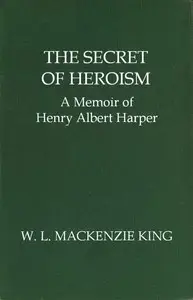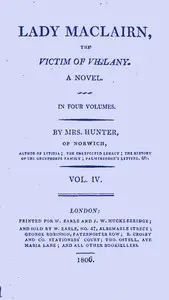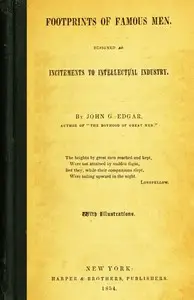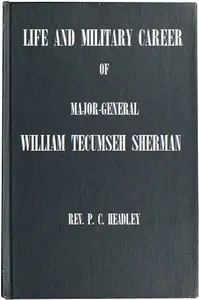"The Secret of Heroism: A Memoir of Henry Albert Harper" by W. L. Mackenzie King is a memoir written in the early 20th century. This work documents the life and heroism of Henry Albert Harper, who tragically drowned while attempting to save a young woman from an icy river. The memoir not only captures the dramatic events surrounding his death but also seeks to explore the deeper qualities of character and ideals that defined Harper's short life. The opening of the memoir recounts the heartfelt societal homage to Henry Albert Harper after his tragic death during a rescue attempt. It details a public meeting held to honor his sacrifice, culminating in the decision to erect a memorial statue symbolizing heroism. King reflects on Harper’s courageous act, emphasizing his commitment to high ideals of duty and love for others. The text serves as a prelude to the narrative that will delve deeper into Harper's character, motivations, and the influences of his upbringing, portraying him as a figure whose life, albeit brief, left a lasting impact. (This is an automatically generated summary.)

The Secret of Heroism: A Memoir of Henry Albert Harper
By William Lyon Mackenzie King
"The Secret of Heroism: A Memoir of Henry Albert Harper" by W. L. Mackenzie King is a memoir written in the early 20th century. This work documents th...
William Lyon Mackenzie King was a Canadian statesman and politician who was the tenth prime minister of Canada for three non-consecutive terms from 1921 to 1926, 1926 to 1930, and 1935 to 1948. A Liberal, he was the dominant politician in Canada from the early 1920s to the late 1940s. King is best known for his leadership of Canada throughout the Great Depression and the Second World War. In August 1944, he ordered the displacement of Japanese Canadians out of the British Columbia Interior, mandating that they either resettle east of the Rocky Mountains or face deportation to Japan after the war. He played a major role in laying the foundations of the Canadian welfare state and establishing Canada's international position as a middle power. With a total of 21 years and 154 days in office, he remains the longest-serving prime minister in Canadian history.













